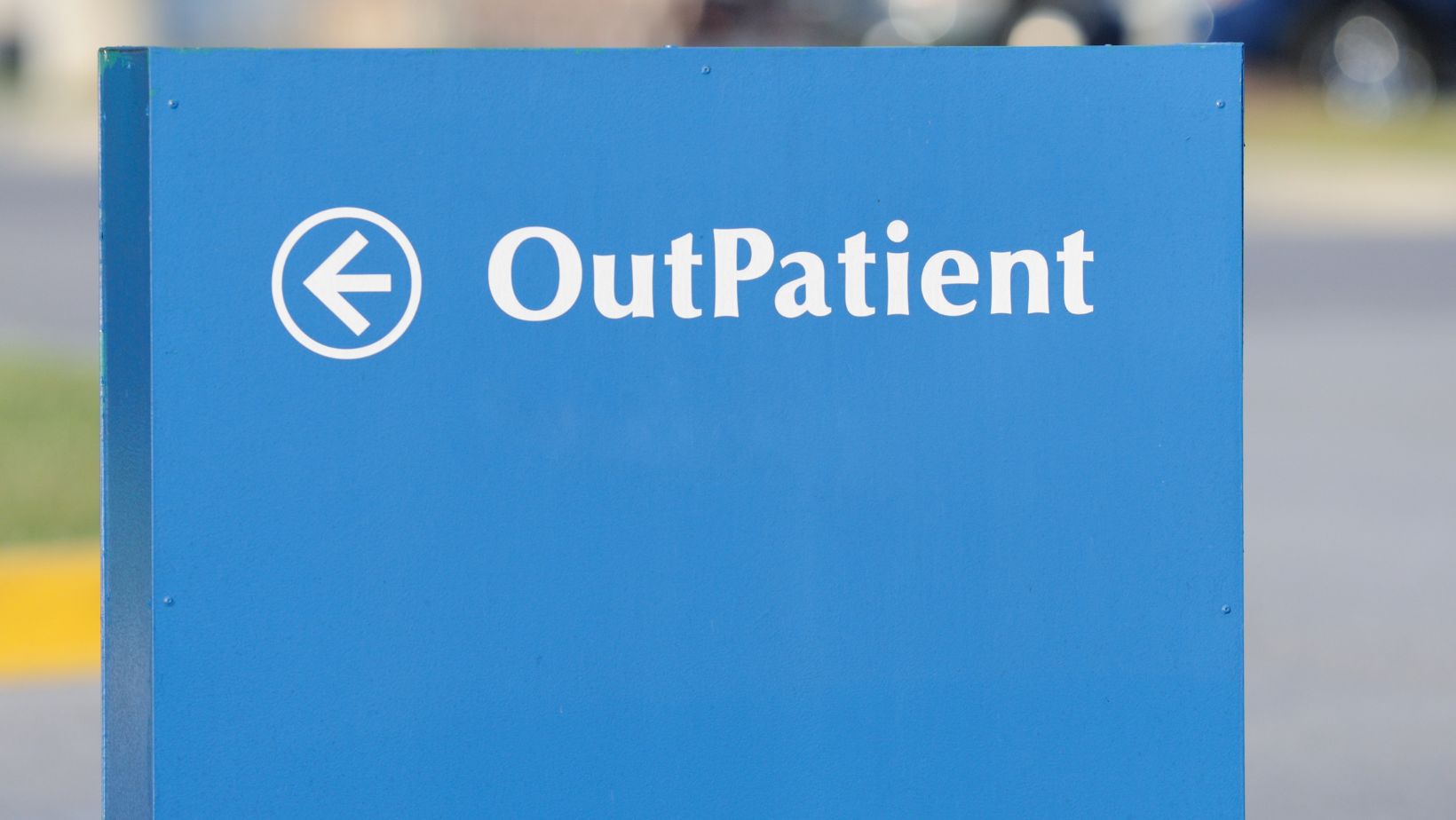Addiction treatment comes in many forms, and two of the most common are outpatient and inpatient addiction treatment. Choosing the right one can make a big difference in your recovery journey.
Understanding Inpatient Treatment
Inpatient treatment means you stay at a facility for a certain period. This type of addiction treatment is intense and structured. You live there full-time and get 24/7 care. This setup is great for people with severe addiction or those who need a break from their usual environment.
Benefits of Inpatient Treatment
One big benefit of inpatient treatment is constant support. You have medical professionals around the clock. This can be really helpful if you have serious withdrawal symptoms or other health issues. Also, being in a new place can help you avoid triggers and focus on recovery.
Drawbacks of Inpatient Treatment
But there are some downsides, too. Inpatient treatment can be expensive. It also means taking time away from work, family, and daily life. This might not be possible for everyone. Plus, it can feel isolating to be away from home for a long time.
Understanding Outpatient Treatment
Outpatient treatment is different. You still get addiction treatment, but you don’t stay at a facility. Instead, you go to therapy sessions and other treatments while living at home. This option is more flexible and allows you to keep up with work and family.
Benefits of Outpatient Treatment
Outpatient treatment is more affordable than inpatient care. It’s also less disruptive to your life. You can apply what you learn in real time in your everyday environment. This can help you practice coping strategies and build a support network at home.
Drawbacks of Outpatient Treatment
However, outpatient treatment might not be enough for everyone. If your addiction is severe, you might need more intensive support. Being at home can also mean facing more triggers. Without the structure of an inpatient program, it can be harder to stay on track.
Deciding Which is Right for You
So, how do you decide? Think about your addiction’s severity and your personal situation. If you have a strong support system at home and need to keep working, outpatient might be best.

If you need to get away from triggers and need more intensive care, inpatient could be better.
The Role of Therapy
Both inpatient and outpatient treatments offer therapy. Therapy is a key part of addiction treatment. It helps you understand why you use substances and teaches you new ways to cope. Cognitive Behavioral Therapy (CBT) is especially effective.
Medication in Treatment
Medication can also play a role in both settings. Medications can help reduce cravings and manage withdrawal symptoms. Your treatment plan might include these, whether you’re inpatient or outpatient.
Support Groups
Support groups are another important part of addiction treatment. Groups like Alcoholics Anonymous (AA) or Narcotics Anonymous (NA) provide a community of people who understand what you’re going through. These groups can be part of both inpatient and outpatient programs.
Combining Both Approaches
Sometimes, a combination of both types of treatment is the best approach. You might start with inpatient treatment to get stabilized and then move to outpatient care for ongoing support. This can give you the best of both worlds.
Both inpatient and outpatient treatments have their pros and cons. What worked for one person might not work for another. The key is to find a program that fits your needs and situation. Talking to a healthcare professional can help you make this decision.

No matter which type of addiction treatment you choose, the important thing is to take that first step. Recovery is a journey, and finding the right support can make all the difference. Whether you go inpatient or outpatient, what matters most is your commitment to getting better.
Choosing between inpatient and outpatient addiction treatment can be tough, but understanding the differences can help. Consider your personal situation, the severity of your addiction, and what kind of support you need. Both options have their benefits and can be effective paths to recovery. Remember, the most important thing is to reach out for help.
















